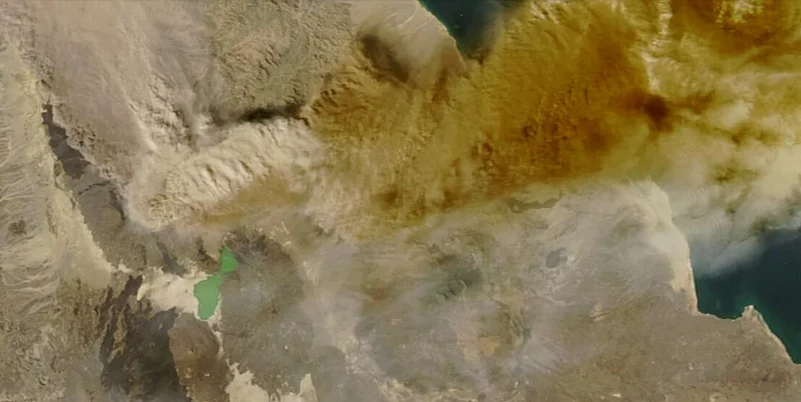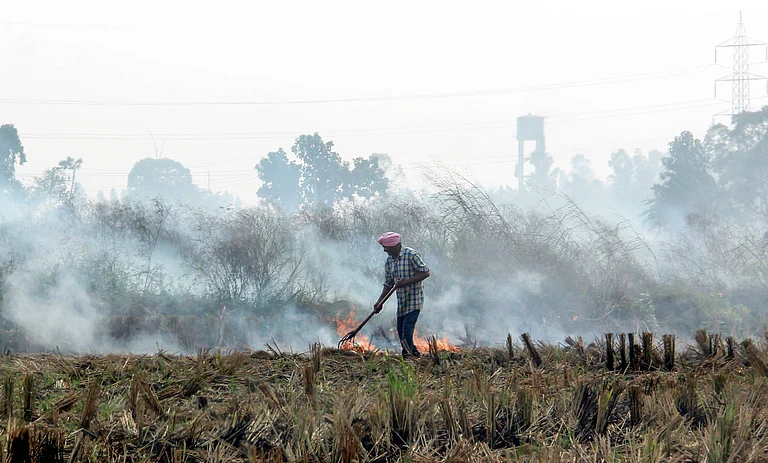
Summary of this article
India’s Ministry of Civil Aviation, along with air traffic control, the IMD and airlines, is closely tracking the ash cloud from Ethiopia’s Hayli Gubbi volcano.
A NOTAM has been issued, and some flights have been rerouted or canceled as a precaution, but overall operations remain stable.
According to the IMD, the ash layer is confined to upper atmospheric levels and is not expected to affect ground-level air quality; the plume should clear Indian skies by the evening.
India’s civil aviation ministry said on Tuesday that it is closely monitoring ash plumes from a volcanic eruption in Ethiopia, but that there is no immediate danger to passengers or aircraft. The ministry added that flight operations across the country remain largely unaffected.
The eruption of Ethiopia’s Hayli Gubbi volcano, which sent ash plumes high into the sky, has triggered coordinated action among the Ministry of Civil Aviation, India Meteorological Department (IMD), air traffic control, airlines and international aviation agencies. Together, they are working to assess risk and issue timely advisories to ensure safe operations.
The Airports Authority of India (AAI) has issued a NOTAM (Notice to Air Missions), while airlines have been advised to adjust routes, altitudes and fuel plans based on updated warnings. Some flights have been canceled or diverted as a precaution, according to Civil Aviation Ministry reports.
Meteorologists say that the ash plume, carried by high-altitude winds, is currently present mainly in the upper troposphere—far above surface levels. As such, it is not expected to affect local air quality. According to IMD forecasts, the ash cloud should drift out of Indian airspace by early evening.






















